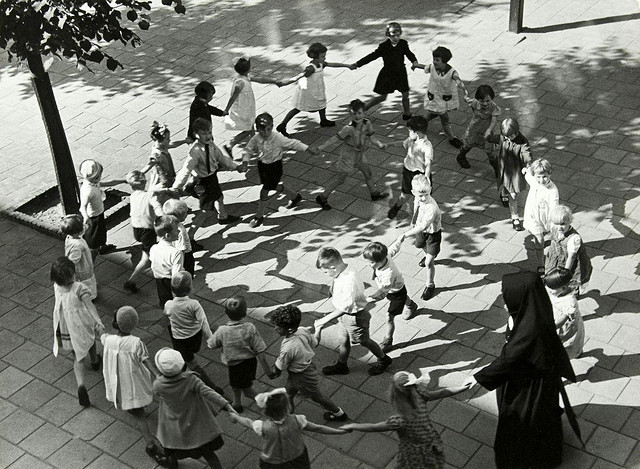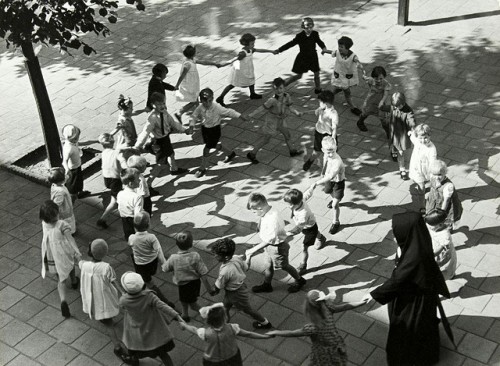Children with learning disabilities often have difficulty/delays with spoken language and word recognition. If you’re asking yourself how to help with language delays, the following how-to guide provides some helpful insight in teaching these principles to those with learning disabilities and many of the idea can also be applied to their peers, so that all students can achieve academic success. These ideas can be used by all caregivers for consistency and to help the child succeed in all environments.
Spoken language is often first found as a delay in toddlers. A parent may notice that their child is not using the same number of words as their peers and perhaps cannot produce many of the same sounds. Often the parent may seek advice from their pediatrician and then be referred to the appropriate services. In Arizona, children zero to three are referred to Arizona Early Intervention Program, AZEIP. The child then goes through an evaluation process with multi-disciplinary professionals. This is often when delays are identified and appropriate services, such as Speech-Language therapy and Early Intervention, are deemed appropriate. For children with speech delays, there is often much hope at this point that the intervention will help to resolve any learning disabilities that the child may have later on.
The teaching techniques include, but are not limited to:
- Teach in the child’s natural environment where the same principles can be applied daily, so that the child can have more time to learn skills. This means that the parents have the greatest responsibility as they see the children the most.
- Teach at the child’s developmental level and not the age level, so that the child can get individualized instruction that is appropriate for them. This means looking at the whole child. What do they like? How can you get them to engage?
- Constantly engage the child in verbal communication where output is rewarded, so that the child gets used to hearing their voice and knows that sound is socially appropriate. This can start as soon as the baby is born, but it’s never to late. It just might seem to have slower progress.
- Play helps keep the child engaged and learning social rules, like turn taking. Games are great at this. Join a play group or just get down and engage with the child.
- Feeding and swallowing techniques, or oral motor stimulation, may be used to promote the child’s oral awareness and functioning. For example, the child may have low oral motor strength/ tone and therefore not be able to produce appropriate sounds. Bubbles, pin wheels, and shakes can all help to promote oral strength.


2 thoughts on “How to Help with Language Delays”